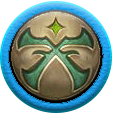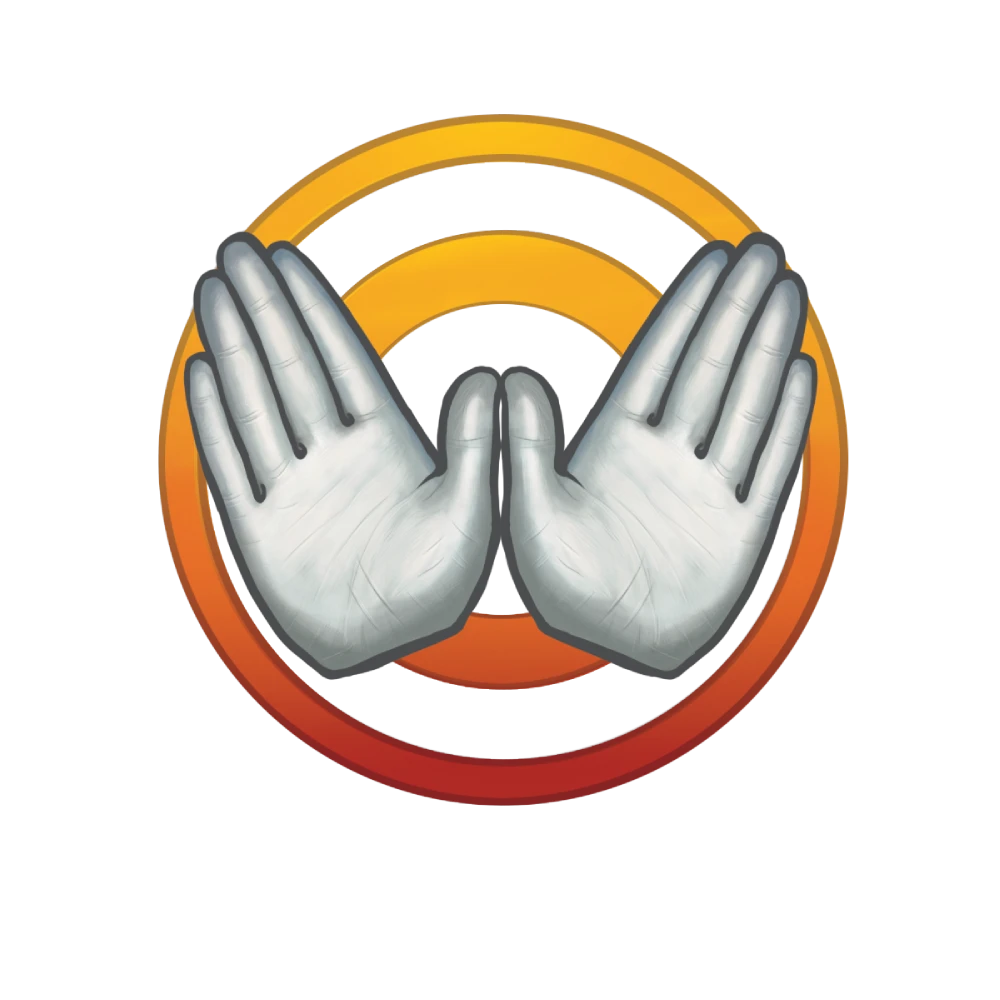There is a Legacy version
here.

Laws of Mortality Source Divine Mysteries pg. 247
Source Divine Mysteries pg. 247The Laws of Mortality originated in the Garundi nation of Rahadoum as a response to the Oath Wars, a series of internecine conflicts that were tearing the nation’s society apart. The fundamental principle behind the Laws is a relatively simple assertion that deific aid—even the best intentioned—ultimately comes at too high a price. The slaughter of fellow mortals for the glory of distant, unfathomable beings is not something that should be permitted within a society. Instead, mortal beings must shape their own fate, aware of their own limitations, trusting in their reliance upon one another and their shared values rather than divine intervention and guidance. The primary tenet of the Laws of Mortality sums up this philosophy: Let no mortal be beholden to a god.
The Laws of Mortality are the cornerstone of Rahadoum’s government, and thus religion and worship are banned across the entire nation, enforced by the merciless Pure Legion. As a side effect of this prohibition, Rahadoum’s government has a vested interest in supporting its citizens through education and other means, since there is no church to rely upon to provide crucial social services. Within Rahadoum, most civilians are raised to observe the Laws of Mortality, but the code has some adherents beyond the land in which it arose. Most of these followers have seen for themselves the terrible costs of interreligious conflict or have learned of the callous treatment of mortal souls in the
Outer Sphere, and as a result they have chosen a position of intentional neutrality. Some of these followers work to spread the philosophy outside of Rahadoum, pointing out the gods’ abuses of mortals and the ultimate prices that must be paid for their assistance. Such proselytizers face a difficult, if not impossible, task—but one they face with the same determination with which they face their own mortality.
One of the most obvious results of the Laws of Mortality is that it prohibits the use of many forms of
healing magic, as the most common restorative magic is granted by divine favor. Thus
alchemists,
bards, and other
occult spellcasters provide the majority of the Rahadoum’s healing, alongside entirely non-magical techniques. Many adherents of the Laws not only refuse to practice divine magic but also refuse to allow such magic to be cast upon them, preferring a death unsullied by divine intervention over one indebted to distant, uncaring deities who trade in souls.
Druids’ standing with regard to the Laws is sharply divided. Those who don’t worship a deity are welcome due to their healing powers and their ability to combat the nation’s desertification, but they are viewed with suspicion in some places since their magic shares its instinctual faith-based vital essence with divine magic. Those druids who uphold a deity, however, meet even more antipathy than more traditional theists, as though their reverence of a deity were a hypocritical affront to the natural world they claim to uphold. Likewise,
sorcerers who can trace their bloodlines back to divine sources are viewed with suspicion and distaste.
Category Faiths & PhilosophiesEdicts challenge religious power and the spread of religion, expose and eradicate hidden worship, provide a peaceful and autonomous society in which the people are cared for through social infrastructure
Anathema worship or swear an oath by a deity or religion, solicit or receive divine or religious aid, take a side in conflicts between religions
Areas of Concern mortal affairs, peace, self-rule
Devotee Benefits
Divine Attribute Constitution or Intelligence
Divine Skill Medicine